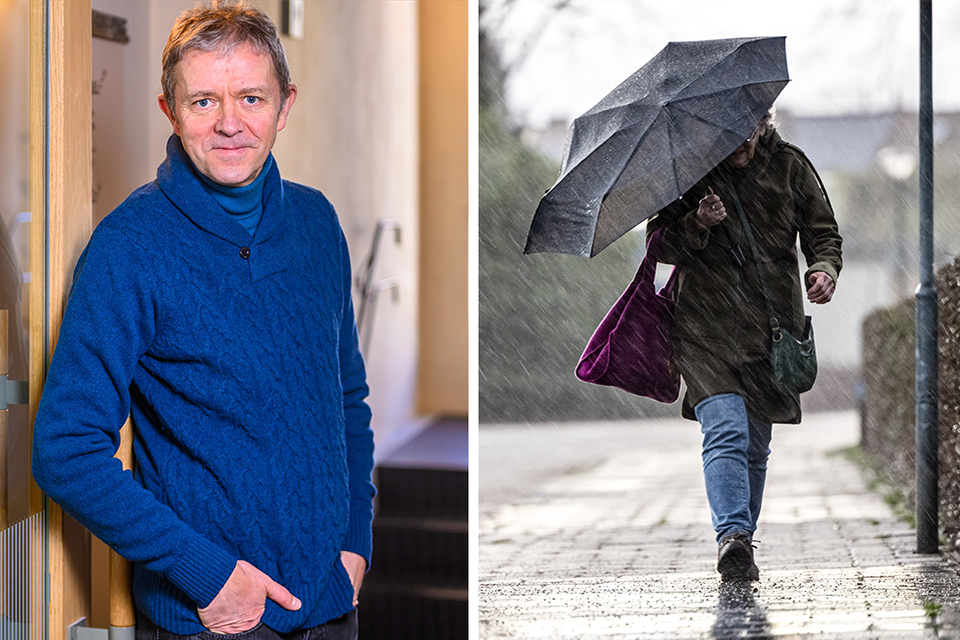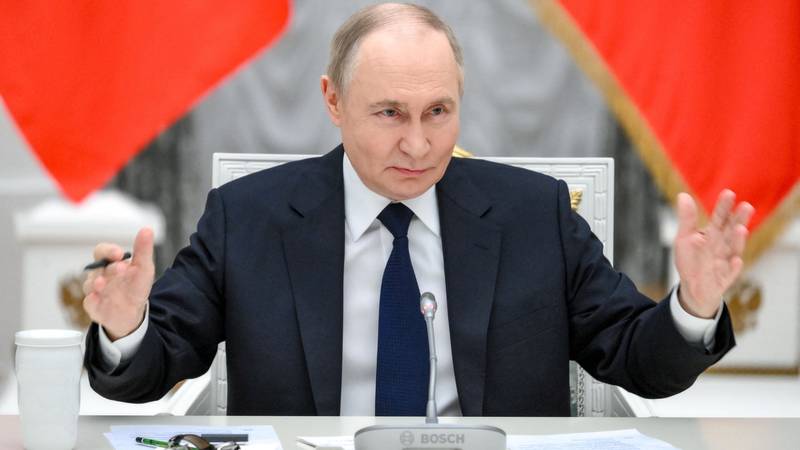Brussels comes with an app for online age verification: how does it work and why is it necessary?
:format(webp)/s3/static.nrc.nl/wp-content/uploads/2024/04/19130401/data114427534-15d3a9.jpg)
The European Commission has had an age verification app built. This should make it possible to demonstrate online in a privacy -friendly way from 1 July whether you are older than eighteen.
1
Why does Brussels come up with such an app?
This app is intended to continue a complex discussion within the European Union. The committee is under pressure to do more to protect children online. But there is no agreement on the way in which there is no agreement.
There are already all kinds of rules that must ensure that online companies make a distinction according to age, but they do not work well. This is partly because you can easily lie online about your age, for example when creating an account. Many of the debates on this subject therefore run about how to verify someone’s age online.
2
Why is that such a complex debate? Children just have to be safe?
That is just about the only thing that everyone agrees. But what does that mean in practice? Do people to gain access to certain apps or websites must be eager to prove their majority of age? Or does that smell the censorship and curtailment of freedom of expression if certain content is no longer accessible to everyone? And who decides to what content that applies?
The app makes discussions with the large tech companies easier. They cannot hide behind technical obstacles
Moreover, who gets power and thus the responsibility to check ages? This is possible via a passport scan or by tracking users and estimating their age based on their online behavior, but those ways encounter privacy objections.
The committee opposes those objections with its own app. This allows users to prove that they are old enough for access to certain sites, without their privacy being at stake.
The app also makes discussions with the large tech companies easier: they cannot hide behind technical obstacles.
3
How does the app work?
A user downloads the app and then has to make contact with a body that can provide reliable digital evidence about the age. For example the national government or a bank. This proof is stored encrypted in the app. This can then be used when the user has to prove online to be of age, for example for buying alcohol or to be able to gamble online.
A consortium of the large European telecom provider Deutsche Telekom (Odido) and Scytáles, a Swedish tech company specialized in online identification, is building the app.
4
Is the use of the EU app mandatory?
No, that remains optional. The vice -president of the committee, Henna Virkkunen, who, among other things, has technological sovereignty in her portfolio, said to the Financial Times To hope, for example, that social media platforms use the app voluntarily.
These platforms have the duty to protect minors against harmful content, such as images of extreme violence. How they have to do that exactly is not in the law. Virkkunen believes – as well as many other politicians – that companies are now doing too little to keep children safe.
5
Isn’t there a European digital identity?
Beats. As of 2026, every EU member state must offer citizens at least one ‘wallet’ to be able to safely identify themselves online. In it you can store a digital version of a passport on an encrypted part of your phone. If a foreign university or car rental company wants to know something about you, you can use that app to only share the necessary.
All Member States are working on the construction of those wallets (a kind of apps). But most member states, including the Netherlands, will not meet the deadline.
The app that the committee now has developed is intended to have at least
The app that the Commission now has developed is intended to have somewhere in the meantime. If only because the market for online identification and verification is on the move. There is a risk that the entire market has already been taken by companies by the time the government wallets are coming.
Then people would become even more dependent on tech companies, because they manage part of their online identity for them.
6
Will the Dutch government encourage the EU app?
We don’t know that yet. « Based on the technical specifications of the White label App (the EU app) I will see what the technical, financial, legal and organizational possibilities are for the Netherlands, » says Zolt Szabó, the State Secretary for Digitization.
A team from the Ministry of the Interior builds its own Dutch variant of the European digital identity, the NL wallet. It is unclear when it is exactly ready for use.
7
What do the large tech companies do in the meantime?
The social media platforms and other large tech companies, such as Apple and Google, have been busy with this theme for years, because they also experience that both the pressure from public opinion and that of supervisors is increasing. Until now, the emphasis in their communication is on offering better privacy institutions and more options to supervise as a parent. This can be prevented, for example, that what a child publishes immediately becomes visible to the whole world.
There is a tough battle in the background. Everyone claims to be in favor of age verification online, but no company wants to do it. The parties point to each other. Meta (from Instagram and Facebook), for example, wants Apple and Google to become responsible for age verification in their app stores. They are not waiting for that. They put the responsibility back on the online platforms, or with the browsers and the makers of the phones.
Read also
The ‘headache file’ of the porn industry: check how old your visitors are

/s3/static.nrc.nl/images/gn4/stripped/data133212218-7ad0db.jpg|https://images.nrc.nl/-msrAYmFdrxp4hBrfCOV3V2HjMg=/1920x/filters:no_upscale()/s3/static.nrc.nl/images/gn4/stripped/data133212218-7ad0db.jpg|https://images.nrc.nl/hBntfAxxv2uN5JjCpKrfLwMwJBY=/5760x/filters:no_upscale()/s3/static.nrc.nl/images/gn4/stripped/data133212218-7ad0db.jpg)
/s3/static.nrc.nl/images/gn4/stripped/data132599981-a70496.jpg|https://images.nrc.nl/Qr6NaGgwaOaca9kLGrWpmQpYUik=/1920x/filters:no_upscale()/s3/static.nrc.nl/images/gn4/stripped/data132599981-a70496.jpg|https://images.nrc.nl/X_INdJWK_ensES1zCNibzOTfYg8=/5760x/filters:no_upscale()/s3/static.nrc.nl/images/gn4/stripped/data132599981-a70496.jpg)
/s3/static.nrc.nl/images/gn4/stripped/data133214106-cf1d83.jpg|https://images.nrc.nl/lHCsBkZa3OBIhM-PbrArJWQzEzo=/1920x/filters:no_upscale()/s3/static.nrc.nl/images/gn4/stripped/data133214106-cf1d83.jpg|https://images.nrc.nl/as-8vn0aWKqOUDSZ2rIYBPUupuc=/5760x/filters:no_upscale()/s3/static.nrc.nl/images/gn4/stripped/data133214106-cf1d83.jpg)




